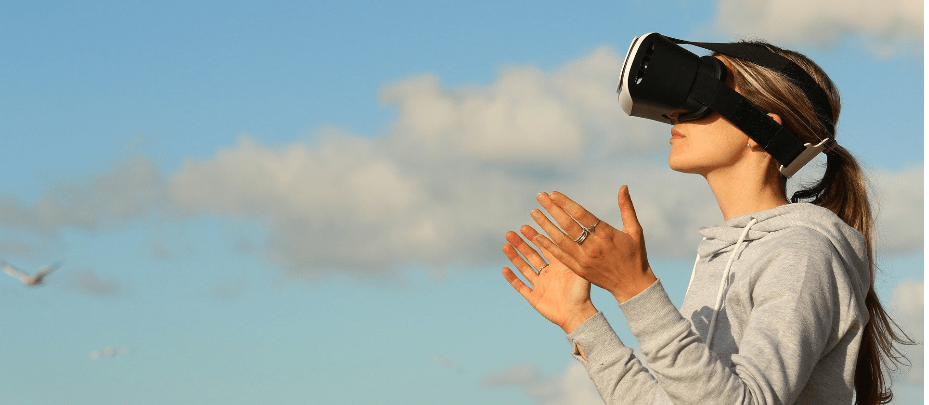by
Virtual reality (VR) is an immersive experience that has the power to transform lives. It is a new medium that offers unprecedented access to information, digital experiences, and people. It can also have significant impacts on human life and society. This article is going to discuss the impact of virtual reality on society from a broad perspective, outlining current trends and potential applications in leisure, education, healthcare, and more.
Virtual Reality as a Leisure Tool
VR is a medium that offers an immersive experience that people can immerse themselves in. It is a way of being in the world, rather than just observing it. When using virtual reality, people can create new experiences, places, and people. VR is now more accessible than ever, with the cost of an entry-level headset making the technology more accessible than ever before. This makes it a viable tool for businesses looking for new ways to engage with customers, use it for training, and more. The demand for VR is high and it is being used in a variety of ways. Some of the most common uses for VR include; VR for leisure. VR can be used for leisure, whether for gaming or for watching videos, or live events. It is also being used for more immersive activities, such as flying in first-person air-pilot games.
Virtual Reality in Training and Education
VR is also being used in education, particularly for training. Companies can use VR to train employees, improve customer service, provide instructional content, and more. VR can bridge the gap between simulations and the real world, making it more useful than simulations that only use 2D images.
VR is being used in education in a number of different ways. It can be used to provide virtual field trips, provide online classes, and more. VR can provide more immersive experiences than traditional online instruction, and it can also be used for subjects that normally have little value for students, such as engineering or music. It can also be used for medical education. The use of VR provide training for a variety of medical procedures, including surgeries and other medical procedures. VR can provide more realistic experiences than simulations or 2D images. It can also be used to provide mental health treatments, such as treating phobias or providing counseling.
VR as a Healthcare Tool
VR is also being used in healthcare in a number of different ways. It can be used to provide virtual check-ups, provide virtual consultations, and more. VR can provide more natural experiences than videos or simulations and it also allows for the use of real-world tools. This makes it more useful than simulations that only use 2D images. VR can also be used for medical education. This can provide training for a variety of medical procedures, including surgeries and other medical procedures.
VR as a Marketing Tool
VR is also being used as a marketing tool for advertising. Brands can use VR to create adverts, promote new products, and more. This is particularly useful for brands that have a physical presence, as they can promote their products and services without the limitations of space.
The Future of VR: Where to From Here
VR is expected to have a significant impact on society. It has the potential to be used for a variety of purposes, such as for leisure, education, healthcare, and more. The growing popularity of VR also means that there are more options for consuming VR content. This means that VR has the potential to become more accessible and more affordable. VR could also become more mainstream, with more people using VR and consuming VR content. This means that the potential impact of VR is even greater. VR is still evolving, and it will likely have even a greater impact in the future.
Key Takeaways
VR has incredible potential to positively change the way we interact with our world. Technology is quickly evolving and new innovations are being made every day. VR is expected to impact numerous areas, such as education, healthcare, and more. VR is also expected to become more mainstream and more accessible. The impact of VR will likely be significant, so businesses and individuals should consider how they can use VR to positively impact their lives and the lives of others.

